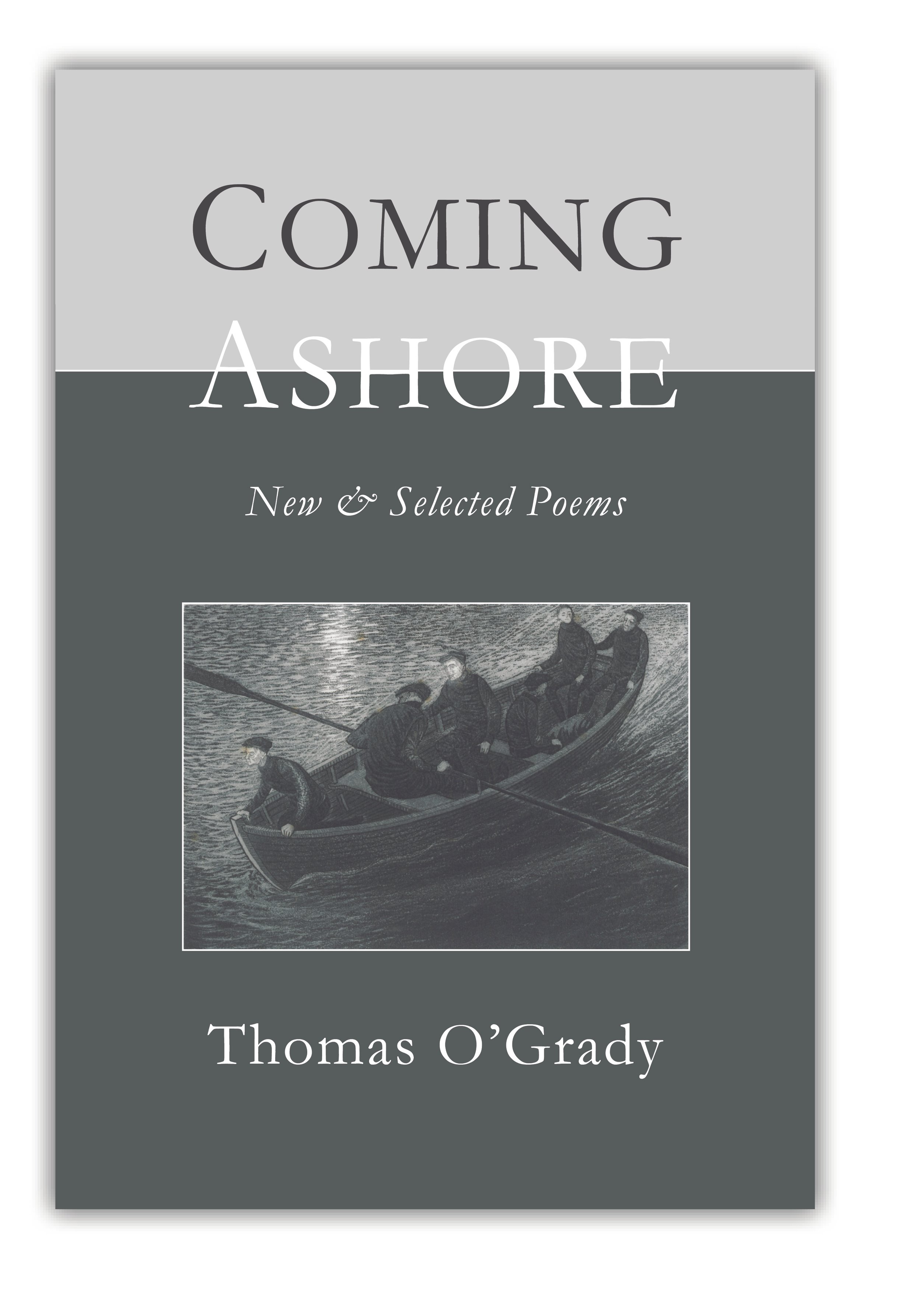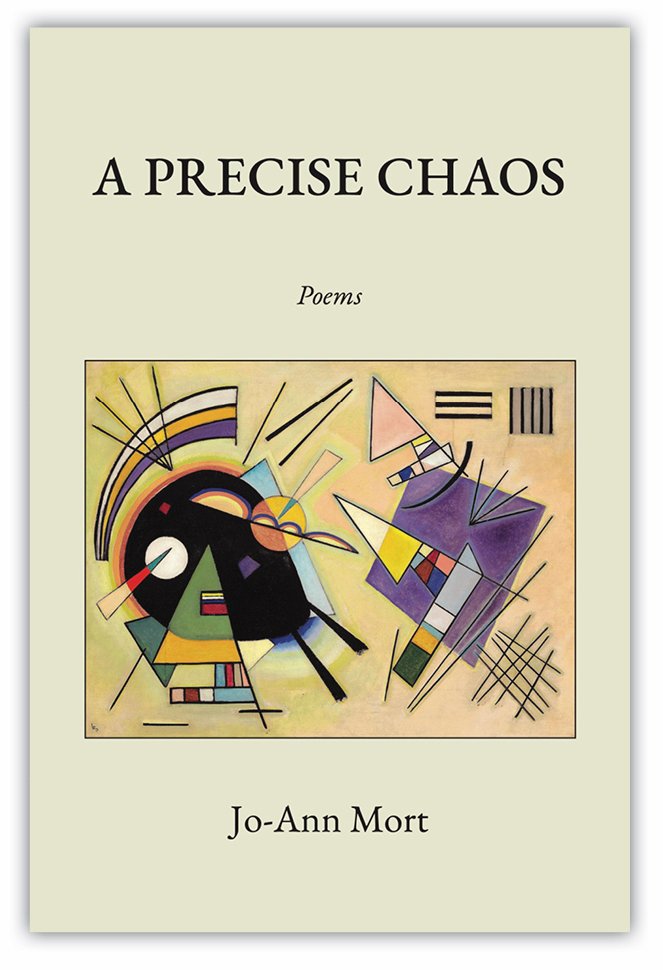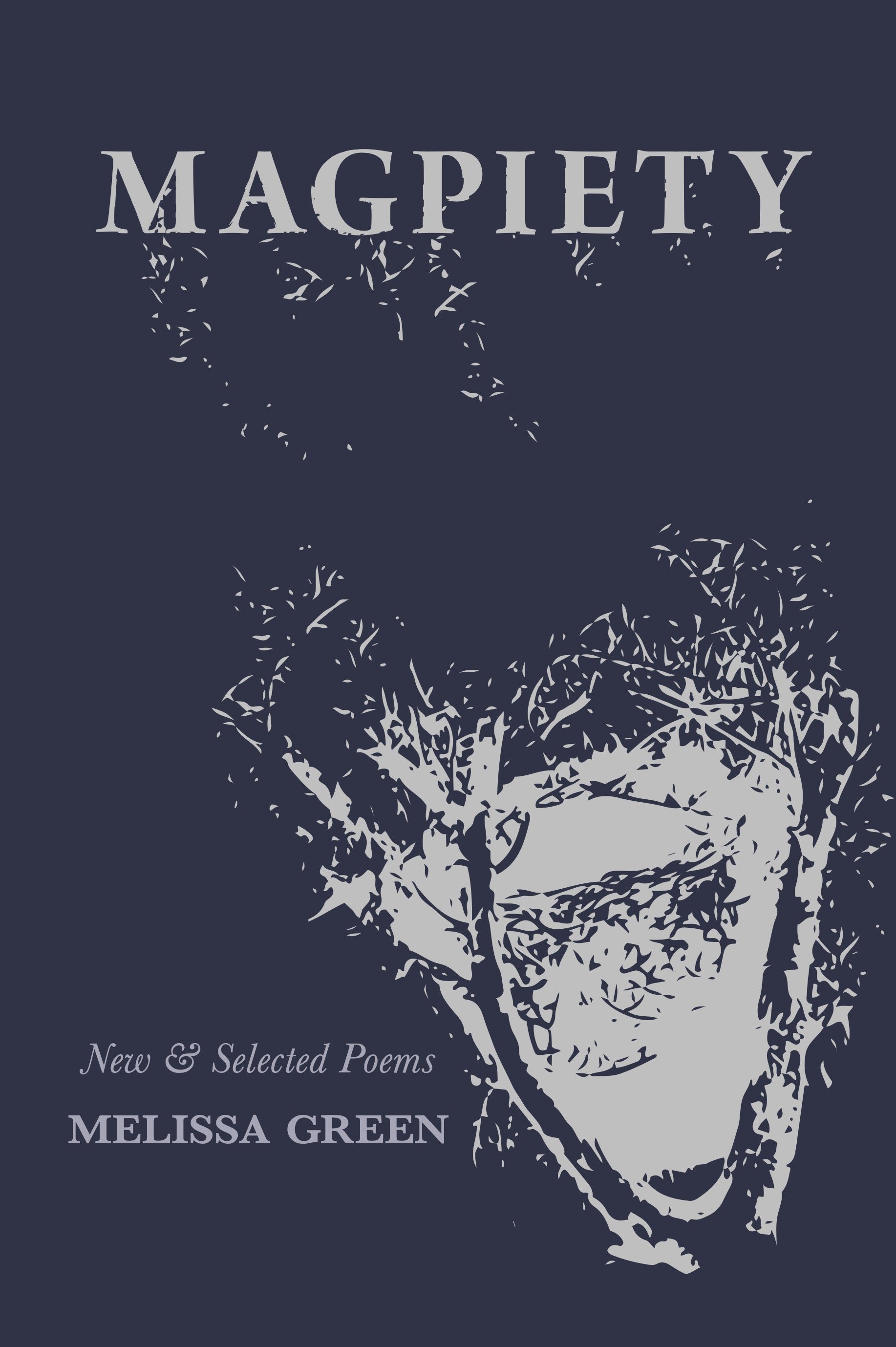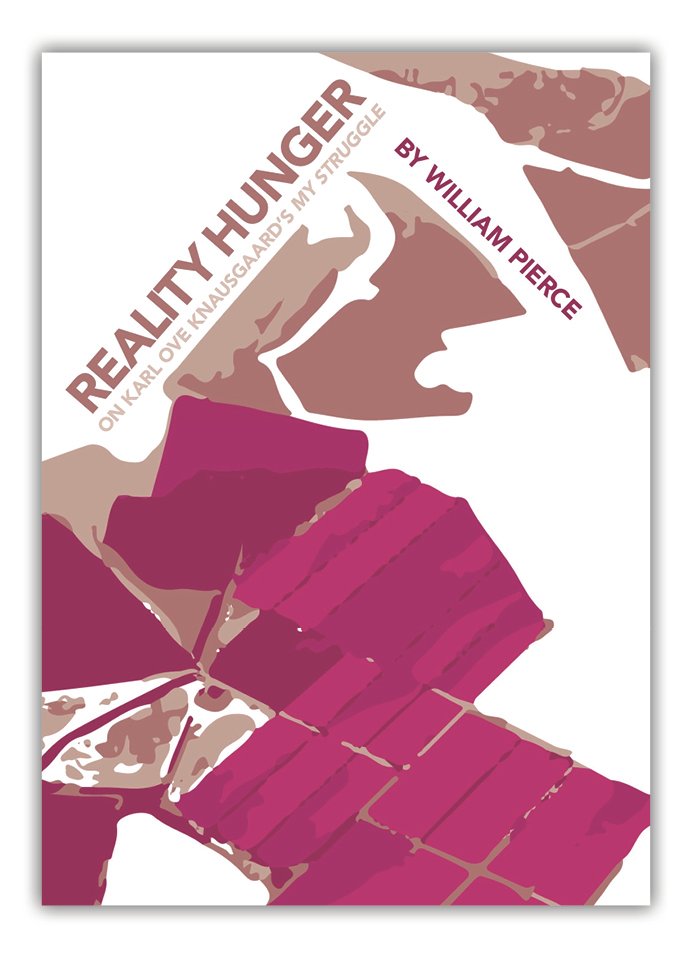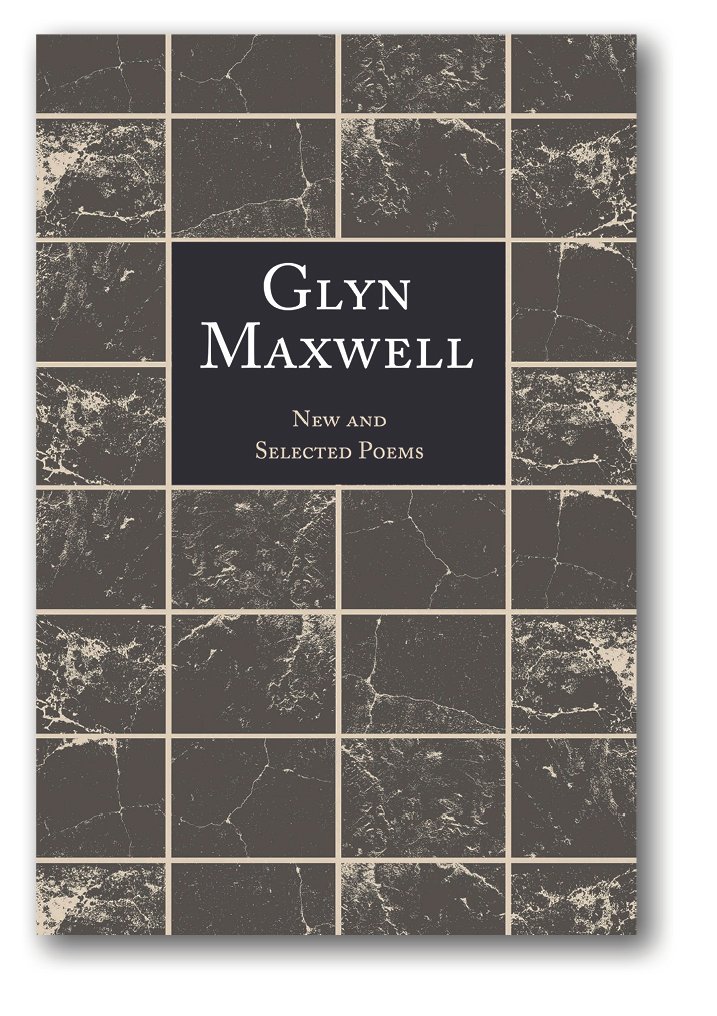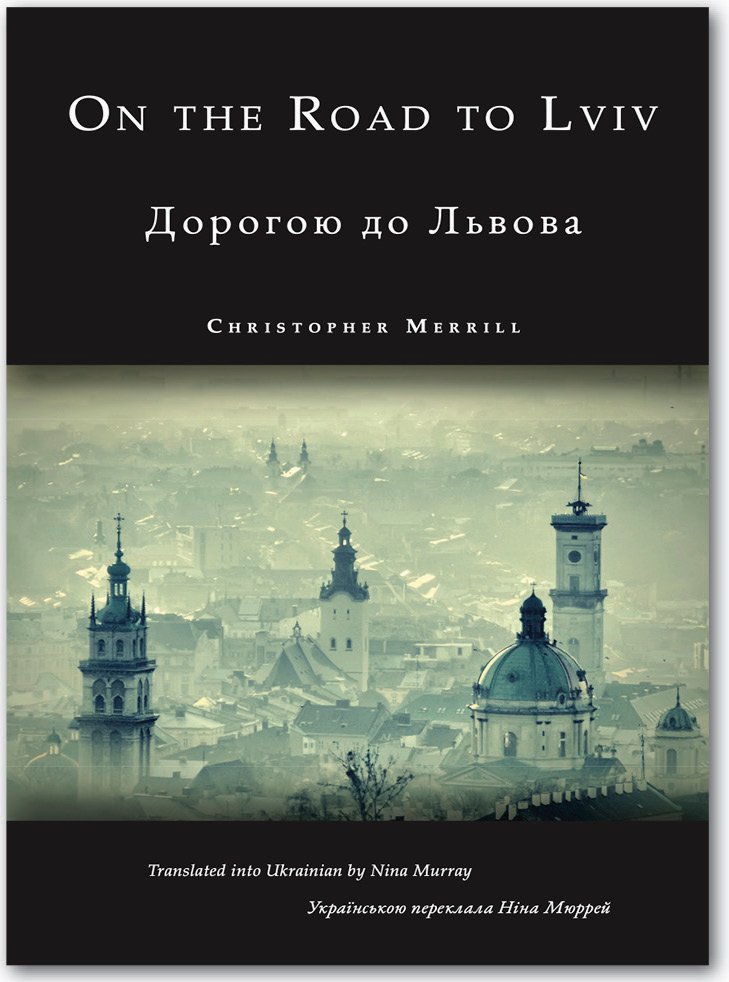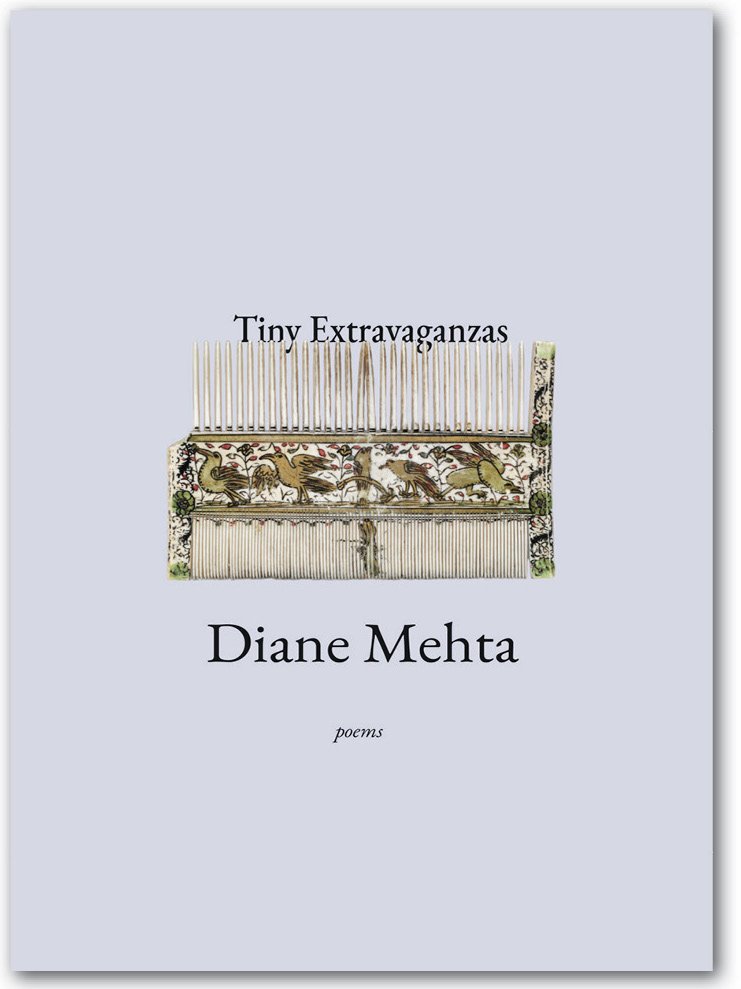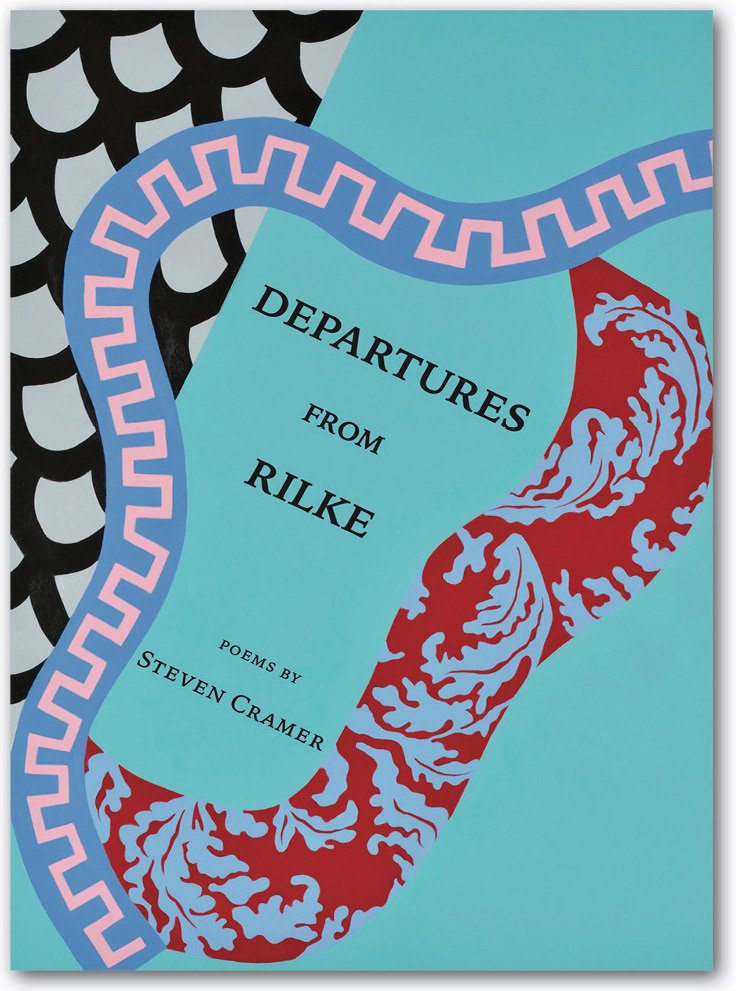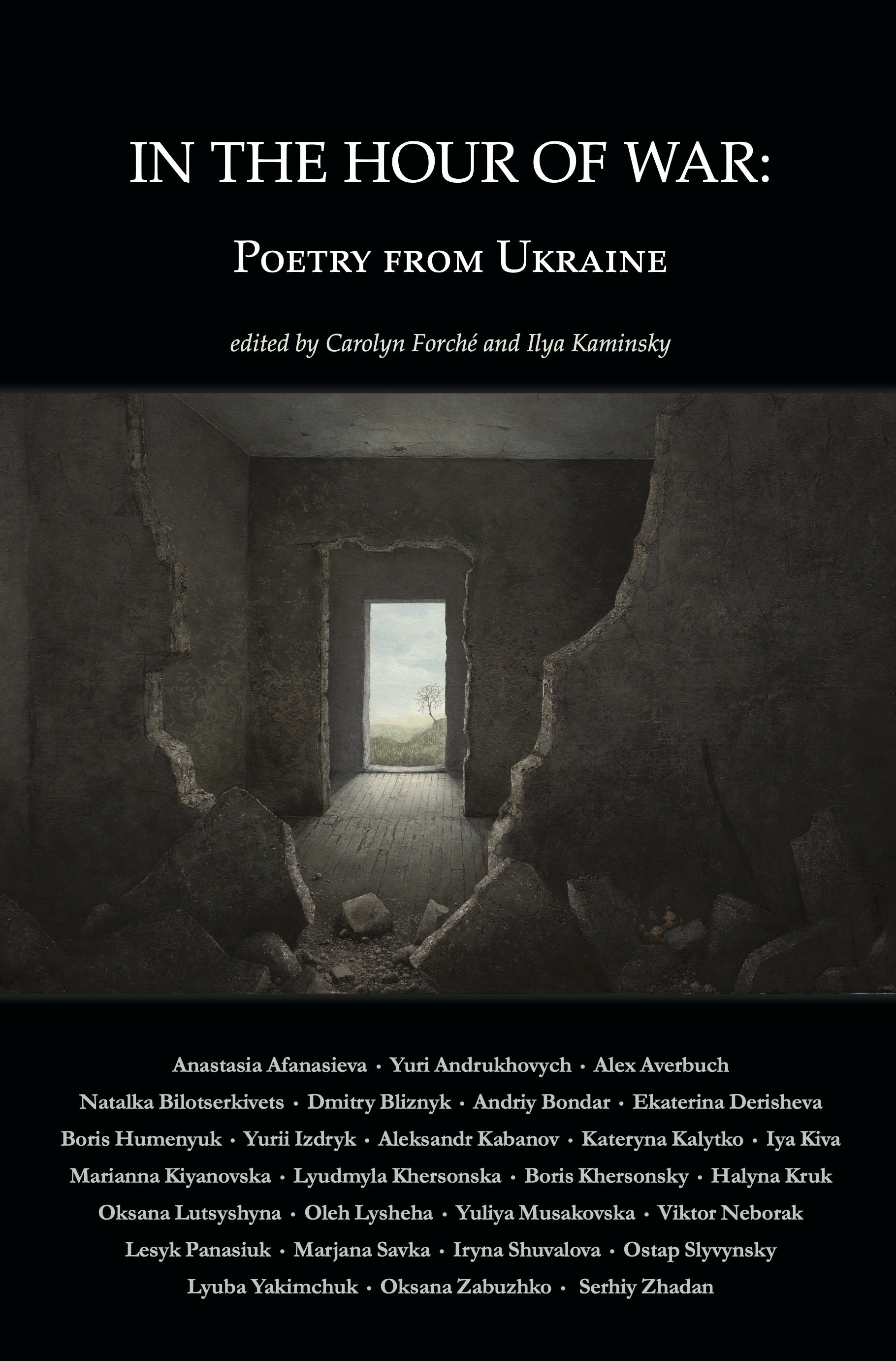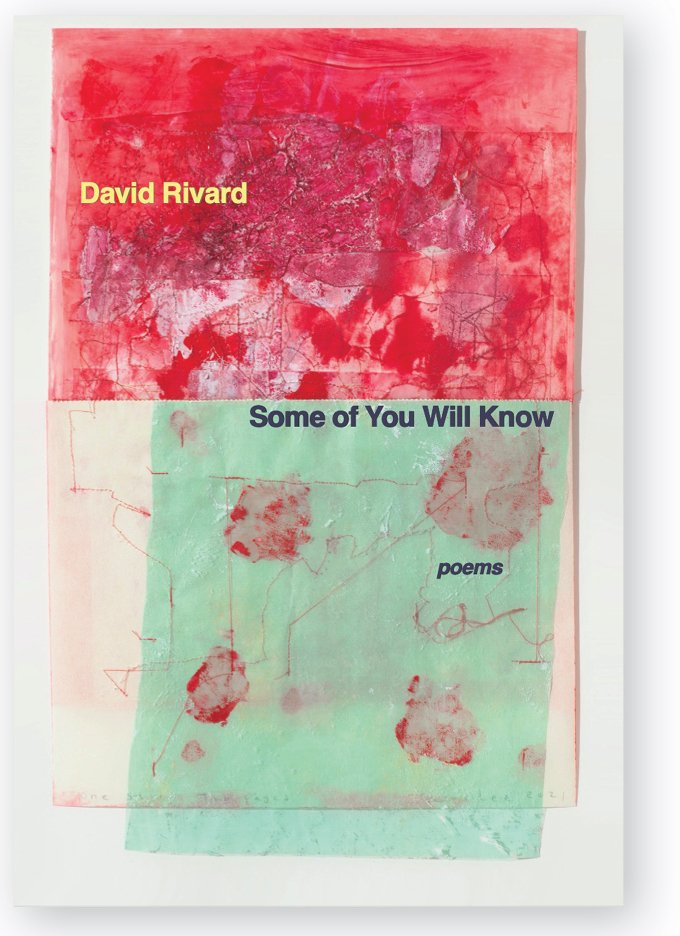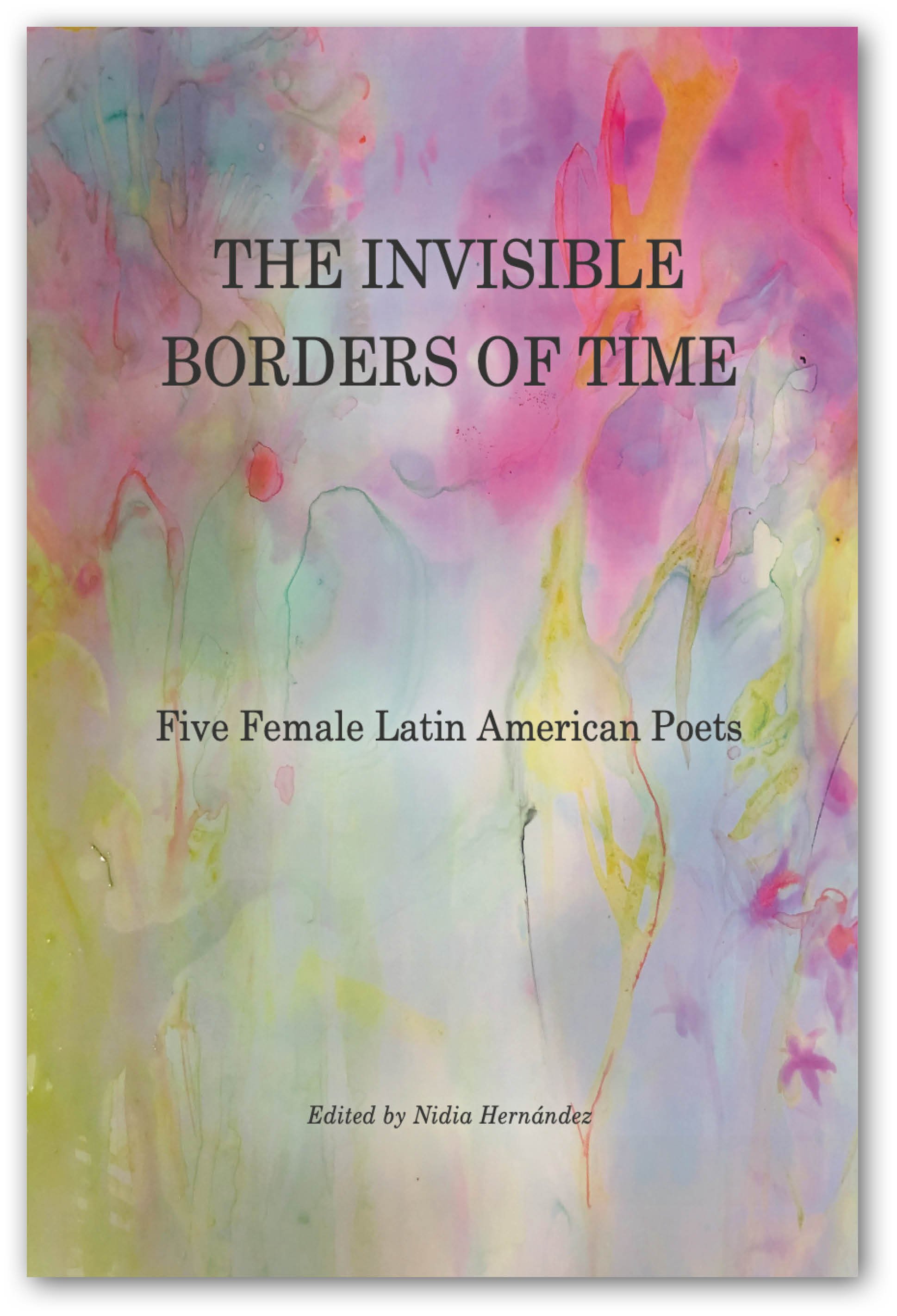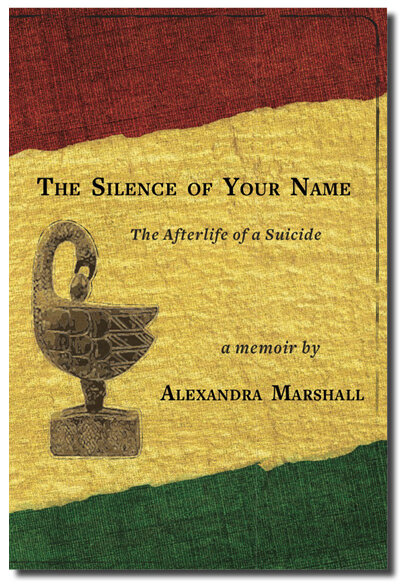“Jo-Ann Mort’s poems move with astonishing mastery between the exigencies of history and the intensities of private life. Admirers of Denise Levertov and Muriel Rukeyser will find in these pages another writer to love.”
A Precise Chaos
by Jo-Ann Mort
A life-long commitment to social evolution — and, occasionally, revolution — animates the poems in Jo-Ann Mort’s debut collection, A Precise Chaos. Moving from Mostar to Oaxaca, Paris to Taormina, Mort’s peripatetic poems reflect her experiences as a trade union activist, a political organizer, and a peace activist in the Middle East. Refusing to evade the hard questions called for by a life honestly examined, she asks: “We, who are so righteous./Where does it lead us?” By publishing her first collection in her sixties, Mort succeeds in distilling a wealth of experience into something like wisdom: “The men were larger than life/starting revolutions in their heads and in their classrooms...//The men were larger than life,/so life eluded them.”
This Book is available for pre-order until May 10th, 2025.
If you pre-order now, books may arrive up to two weeks before the date above!
Jo-Ann Mort’s interview with Lara Stecewycz is now on Spotify!
Jo-Ann Mort

Jo-Ann Mort returned to poetry writing when she turned 60. Her poetry has appeared recently in Plume, UpStreet, Stand (UK), the Atlanta Review, and elsewhere. A 1978 graduate of Sarah Lawrence College, she also did graduate work in poetry and philosophy at NYU. Her previous lives inform her poetry, as do her global wanderings—as a trade union activist, a political organizer, and a long time advocate for, and writer about, peace between Israelis and Palestinians. Jo-Ann has written analysis and reported for more than 40 years from Israel and the Occupied Palestinian Territories (OPT), including the West Bank and Gaza. Her journalism is widely published in the US and UK. Jo-Ann is a member of the national steering committee of Writers for Democratic Action.
“These poems, fruits of a lifetime, take us so many places, from former Yugoslavia and Paris to ‘the up and down of everyday,’ and into so many corners of the heart.”
—Katha Pollitt
“These are poems of utmost urgency by an American who looks hard and renders tragedy in minute detail, at first hand, and with an eerie precision. Whether she is writing of a fellow passenger praying on a Brooklyn subway or of devoted worshippers in Croatia, her portraits are moving and deeply human. In her travels, which range from Eastern Europe to Africa to Israel, she captures history: she writes of mass graves and corpses contrasted with a peaceful garden; of God’s tears watering the stones of Warsaw and of a robust wine in Sicily. Her love scenes, set in faraway places, are compelling for their emotional accuracy. Staring in the face of death, she finds life to be ‘a precise chaos / that we the living, / must endure.’”
—Grace Schulman
